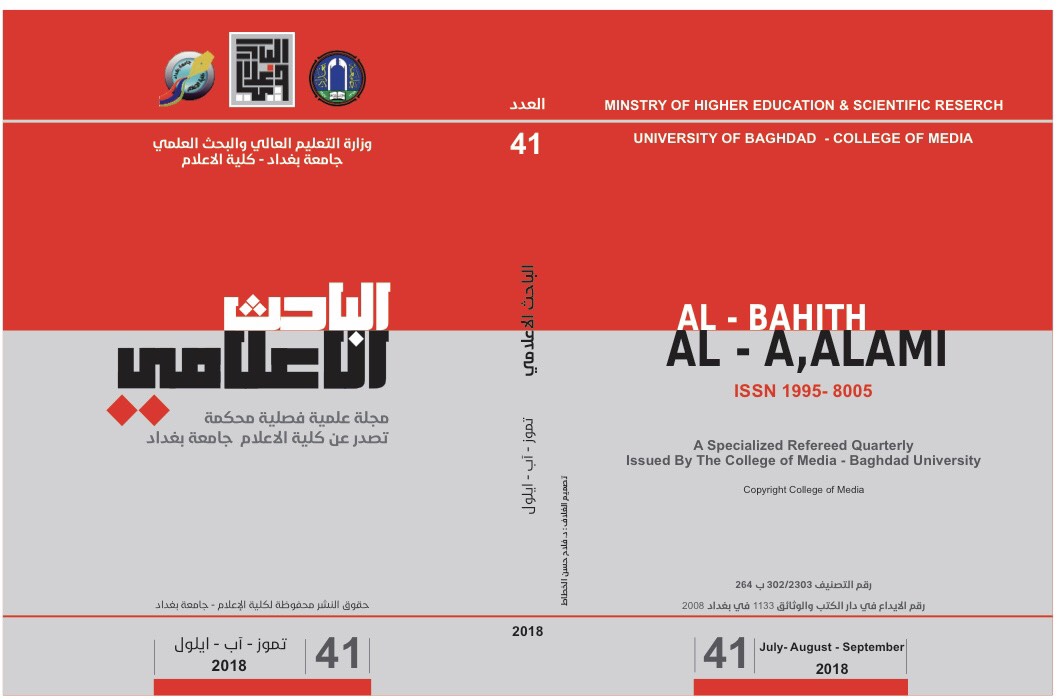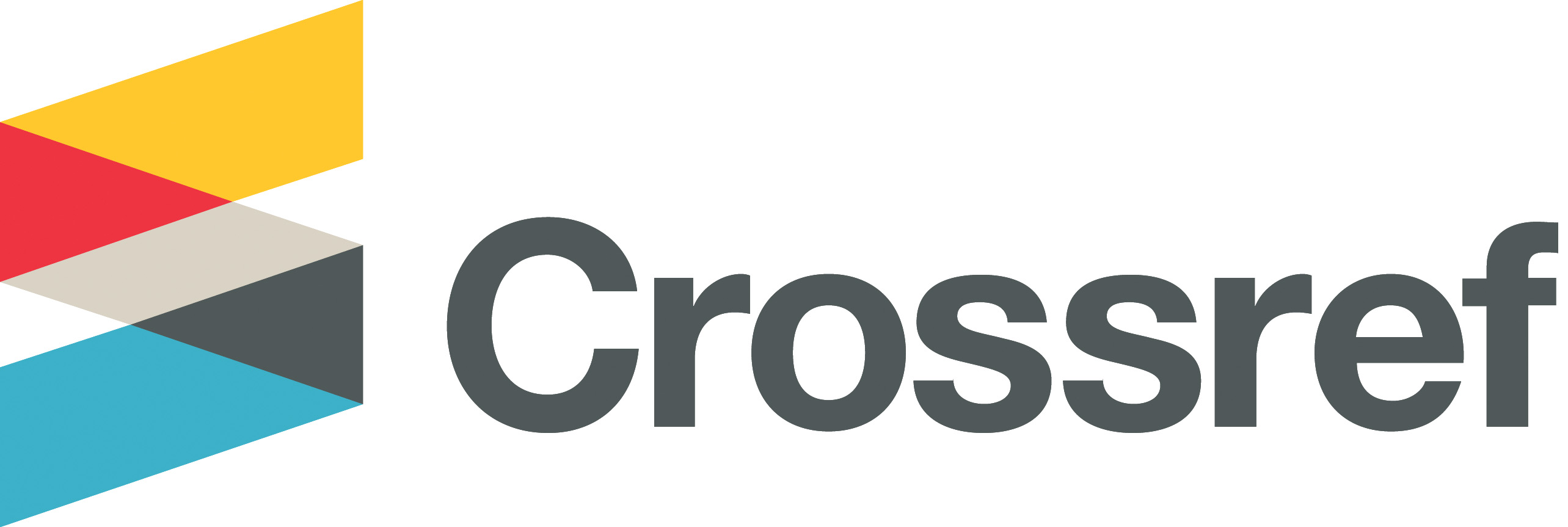“Usages of the Youth in the Emirati Society for the Dubbed Turkish Series on the Arab Satellite Channels and the Satisfactions Achieved”
DOI:
https://doi.org/10.33282/abaa.v10i41.32Keywords:
Usages, Emirati, Turkish, SatisfactionsAbstract
The research topic is summarized in the importance of studying the measuring the extent of the university youth’s exposure in the Emirati Society to those series and the resulting achieved satisfaction. The most important results and recommendations of the study are as follows: a high rate of the respondents’, sample individuals, exposure to the dubbed Turkish series since it is evident that almost three-fourths of the study individuals watch the dubbed Turkish series,.”. The most significant positive aspects of the dubbed Turkish series are: “they focus on the most important tourist attractions in Turkey” and “ improving the audience›s knowledge and information on the traditions of the Turkish society”. The most apparent negatives of the dubbed Turkish series are: “they discuss topics that do not agree with the local traditions”, “they promote strange ideas that are incompatible with the society” , “they attract teenagers through inappropriate models and ideas”, “they promote ideas and opinions that are incompatible with the Islamic values” and “they destroy the national identity”.. The study recommends conducting more researches on the impact of the dubbed Turkish series shown on the different satellite channels on the different sectors of the audience as well as conducting detailed studies on the nature of preparing the contents of those series and carrying out studies on the audience of the specialized channels and their attitudes towards them. They call upon setting special policies of media for presenting those dubbed Turkish series on the satellite channels to confirm their commitment to the values and ethics of their communities.
Downloads
References
2. Walid F. Barakat (2003), The Egyptian elite is exposed to public opinion programs in Arab television channels, Arab magazine and public opinion Volume IV double, January/December p.49.
3. Khalid, S. Hassan Ali (2003), Public Media Trends The growth of the performance of satellite TV channels, The 9th annual conference of the College of Communication, The 2nd part, May, p. 665-666.
4. White, H.A. (1997), Considering Interacting Factors in Third Person Effect, Journalism and Mass Quarterly, Vol.74.
5. Wissam F. Radi, Tablib A. Thyab (2010), The Influence of Turkish Dubbed Series and the Public›s Opinion on its value Content, Journal of Media Researcher, 8, pp. 11-36.
6. Sherin A. Rawya Abu Nada (2003), Children›s Attitudes Towards Watching the Cartoon Series on “MBC Channel”, Unpublished research, Gaza - Press and Media department of Islamic University.
7. Sabrin I. Altartor, Ruba A. Dahman (2004), Attitudes of the students of the universities of Gaza towards watching the Egyptian Ramadan series in Arab satellite channels, unpublished research, Gaza, Press and Media Department at the Islamic University.
8. Sami Jad-Allah (2002), Public Attitudes towards Watching Competition Programs in Arab Satellite Channels, unpublished research, Gaza - Press and Information Section, Islamic University.
9. Ebtissam M, Huda Jawad (2011), Attitudes of students of the Islamic University towards watching Turkish dubbed serials in Arab satellite channels, research published in the Islamic University of Gaza.
10. Sara Aldhawa (2016), The impact of exposure to the Turkish series in the Arab satellite channels on the realization of the social reality of the women in Egypt, the message of a non-published MA, South Valley University.
11. Mahmoud A. Mahmoud (2012), Adolescents use of Turkish drama in satellite channels and the ensuing innovations, Unpublished Master Thesis, Ain Shams University.
12. Alsadiq Alhamami (2012), Reflections on Social Networks, Paper presented at the Symposium on Social Networks and Youth, UAE, Faculty of Communication, University of Sharjah, April.
13. Wail A. (2009), Communication Technology and Social Change, Developmental Informatics Dimensions, International Conference on Communication Technologies and Social Change, King Saud University, March.
14. Ahmed F. Amosh (2009), Social Presence in Virtual Society, Conference on Communication Techniques and Social Change, King Saud University, Riyadh.
15. Walid R. Zaki (2010), Social Networking An Attempt to Understand, International Politics, April.
16. David. Siegel, Social Networks and Collective Action, American Journal of Political Science, Vol. 53, Number 1, Jan uary 2009, P. 124-125.
17. Austin S. Bare bow) 1989). An Expectancy-Value Analysis of the Student Soap Opera Audience. Communication Research, vol. 16, 2: pp. 155-178.
18. Bradley S.G., Woods, M. G. (1999). The Soaps: Their Sex, Gratifications, and Outcomes, the Journal of Sex Research, 36(3), 250-257.
Downloads
Key Dates
Published
Issue
Section
License
Authors retain copyright and grant the journal right of first publication with the work simultaneously licensed under a Creative Commons Attribution License (CC BY 4.0) that allows sharing the work with recognition of authorship and initial publication in ABBA journal.


















